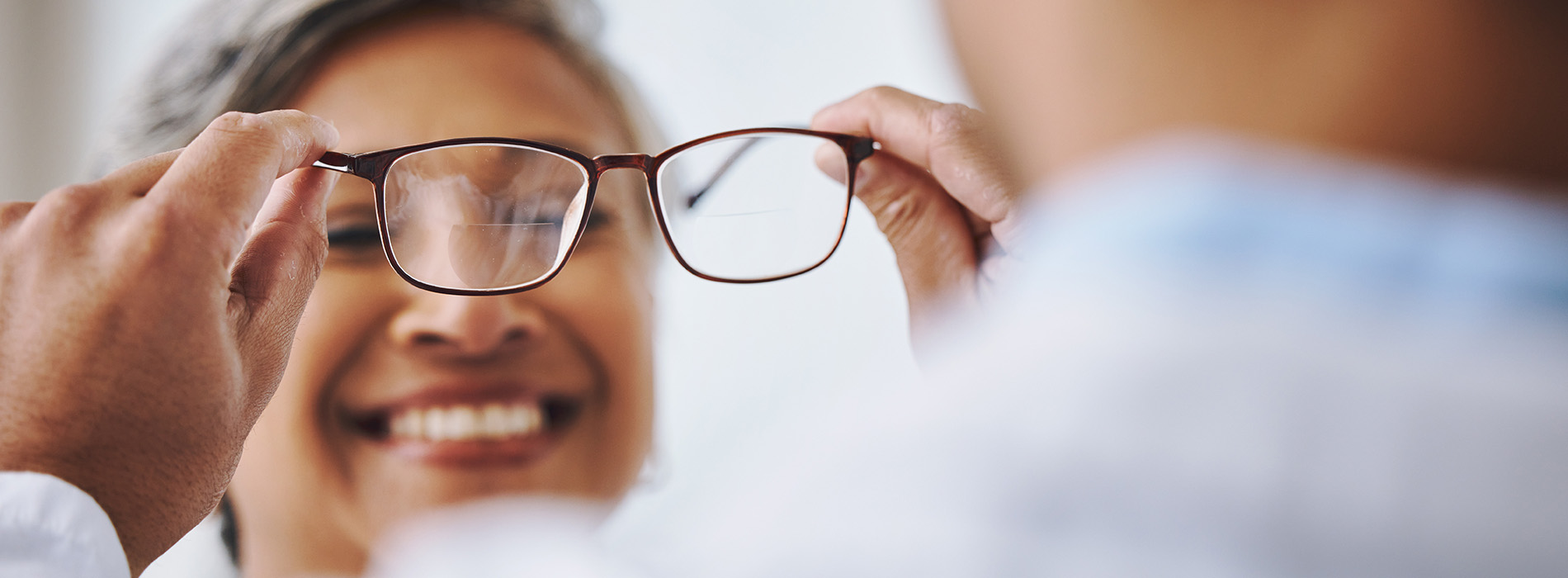

If you have diabetes, you know how important it is to take care of your health. That’s why you watch what you eat, make sure you take your insulin, and try to get plenty of exercise. But if this is all you’re doing to stay healthy, you might be missing out on an important part of keeping your eyes healthy and strong by getting checked out for diabetic retinopathy.
Some people who have diabetes often develop what’s known as diabetic retinopathy, which is a condition that affects the blood vessels in the eye. When blood sugar levels are spiked for prolonged periods of time, it can cause the tiny blood vessels in the eyes to swell or leak. Oftentimes, diabetic retinopathy leads to the development of abnormal blood vessels in the eyes, especially on the surface of the retina. If left untreated or unmanaged, diabetic retinopathy can lead to vision loss and even permanent blindness.
Unfortunately, all people who have diabetes – regardless of whether it’s type 1 or type 2 – are at risk for developing diabetic retinopathy. That’s why it’s important to schedule a yearly exam with your ophthalmologist. These exams can help him or her identify early signs of the disease, including:
If your ophthalmologist determines that you’ve developed diabetic retinopathy, treatment will depend on what stage you’re in. Since diabetic retinopathy comes in four stages, you’ll only need treatment if it’s found that you’re in the fourth stage. At this point, you’ll need a laser surgery to repair and remove the abnormal blood vessels, or stop any leaking or bleeding blood vessels.
To stay on top of diabetic retinopathy and its symptoms, it’s important to schedule regular exams with your ophthalmologist. At the Center for Ophthalmology and Laser Surgery – serving the greater Fort Lauderdale, FL and surrounding Florida areas – Dr. Loeffler and his staff members are dedicated to protecting your ocular health against the symptoms of diabetic retinopathy.
Schedule an appointment with Dr. Loeffler today to learn more about diabetic retinopathy, your risk for developing this disease, and your treatment options. Located in Lighthouse Pt, we serve Pompano Beach, Deerfield Beach, Boca Raton & Ft. Lauderdale. Call us at (954) 786-5353.
